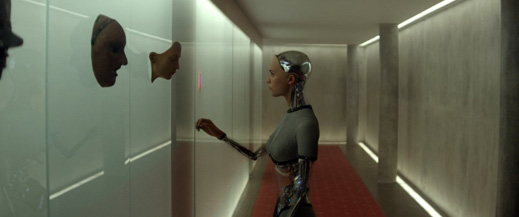|
|
They Shoot Oscar Prognosticators, Don't They?A Final Look at the 88th Academy AwardsBy J. Don BirnamMarch 3, 2016
At the same time, the Academy, which, by a stroke of pure luck, had tapped Chris Rock to host the event before the controversy boiled up, was well-served by Rock’s presence at the show. And I don’t mean because he was the token minority host, but rather because he presented a nuanced and exact view of the problem. He took the easy jabs at the lack of diversity at the Oscars, but he also pointed out the lack of diversity in movies. At the same time, he pointed out, correctly, that not every controversy is about race - it wasn’t fair, for example, that Will Smith got paid $20 million for Wild Wild West. And, he added, some black audiences could not care less about who gets nominated for an Academy Award. In essence, then, the issue is infinitely more nuanced than 140-twitter characters could permit, and the Academy pointed this out subtly but assuredly during the broadcast. As for the nature of the movies nominated well, the Academy did nominate two immensely crowd-pleasing movies - The Martian and Mad Max - as well as another movie that audiences responded to quite well in The Revenant. Sure, they did not go all out and nominate Star Wars (it may have broken/screened too late), but the inclusion of Ridley Scott fare once more indicates that the big studios are slowly but surely getting back into the Awards game. Again, as I said last year, I do not think that is necessarily a good thing, but, there you have it, for better or for worse. In my view, the Academy is never going to be able to please both the genre-picture constituency and the art-house crowd. It should stop trying.
|

|
|
|

|
Thursday, October 31, 2024
© 2024 Box Office Prophets, a division of One Of Us, Inc.


